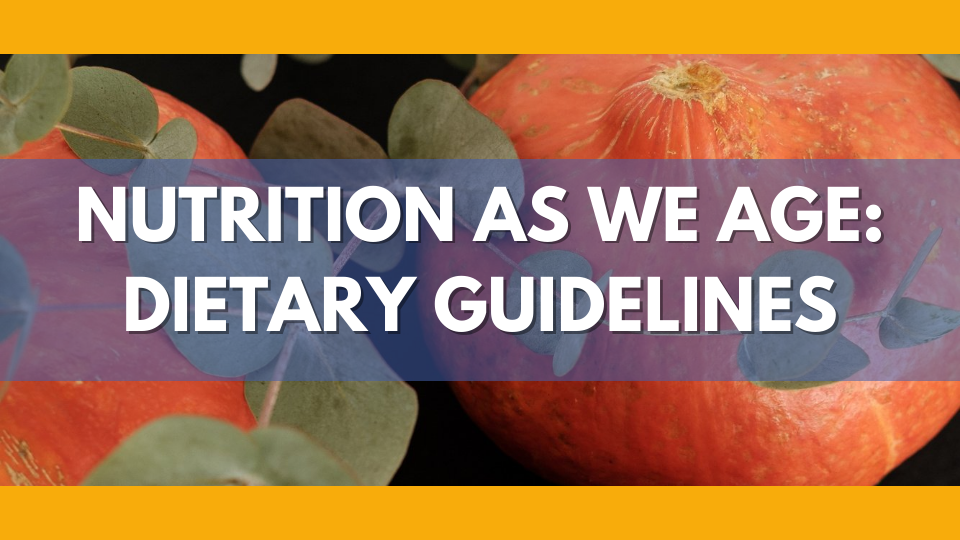Men often overlook GI health, but digestive issues can affect overall wellness and may signal serious conditions like IBD, GERD, liver disease, or colorectal cancer. Key warning signs include persistent abdominal pain, bowel changes, unexplained weight loss, and blood in the stool. Prevention centers on a healthy diet, exercise, limiting alcohol, avoiding smoking, and managing stress. Routine screenings—especially colonoscopies starting at age 45—are essential. Early detection and healthy habits can significantly reduce the risk of serious GI disease.Continue reading
Tag: nutrition
The Role of Lifestyle Choices in Men’s Health: Nutrition, Exercise, & Beyond
You don’t need to overhaul your life overnight. Start small. Pick one habit this week—meal prep, daily walks, earlier bedtime—and commit to it. Over time, these small wins compound into real, measurable health improvements. Yet many men are still unaware of just how impactful their habits can be. The good news? Even small, consistent changes can lead to significant improvements in overall well-being. In this article, I’ll outline the evidence-based lifestyle pillars that support physical, mental, and metabolic health in men—and offer practical strategies to start improving them today.Continue reading
Wellness in the Workplace for Men: Thriving Through Health & Wellness
Wellness in the Workplace for Men: Thriving Through Health & Wellness As we have stated in previous articles, employees spend more than one-third of their lives at work, which makes the workplace the perfect arena for workers to get evidence-based healthcare information designed to improve health and make healthcare services more accessible. Many organizations provide...Continue reading
Nutrition as We Age: Healthy Eating with the Dietary Guidelines
Good nutrition across the lifespan helps prevent chronic disease — and we know that it’s never too late to make improvements to support healthy aging. Older adults are at greater risk of chronic diseases, such as heart disease and cancer — as well as health conditions related to changes in muscle and bone mass, such...Continue reading
Can Smelling Roses Extend Your Life?
Depending on how old you are, you may have heard the cliché phrase “stop and smell the roses.” How can taking the time to smell roses possibly improve or extend your life? Mind the words of the great philosopher Socrates, who said: “Beware the barrenness of a busy life.” Metaphorically then, smelling roses might just...Continue reading
Healthy Living Habits that Work
(Family Features) When it comes to advice about healthy living, there are opinions nearly every place you turn. Unfortunately, a great deal of that information is based on fad diets and trendy workouts that may deliver quick results but don’t promote a sustainable, healthy lifestyle. The medical community generally agrees that slow and steady is...Continue reading
You (And Your Kids) Are What You Eat
This Father’s Day I want you to think a little differently. As the love pours in from the family, or the family to be, give something back this year. There’s new meaning out there to being the best man (and father) you can be. And that involves taking great care of yourself. Not only are...Continue reading
Gut-Check for Guys: Re-Thinking Your Approach to Fitness After 40
I seek a sustainable plan for fitness after 40: physical health and feeling “whole” for the 2nd half of my life. I want to feel great, look my best, keep getting happier, and live long. Of course. But how to really do it? We all face—and can powerfully answer—the same questions… 1. Exercise: What do...Continue reading
Powerhouse Greens You Should be Adding to Your Diet
The ground has finally thawed, and it seems the time for planting our kitchen gardens has finally arrived. But even if you aren’t looking to ‘growing your own’, markets and farmers stands offer an expansive selection of vegetables to choose from. With all that is available to choose from, what are our best bets for health? When in...Continue reading
Cut Out Soda, Cut Your Risk of Diabetes
Americans consume nearly 130 pounds of added sugars per person every year. This includes both sugar and high fructose corn syrup. These sugars lead to obesity, type 2 diabetes, hypertension and heart disease and can be found in sweetened drinks, syrup, honey, breads, and yogurts. Since the 1970’s sugar consumption has decreased 40%, this is slightly misleading since...Continue reading






